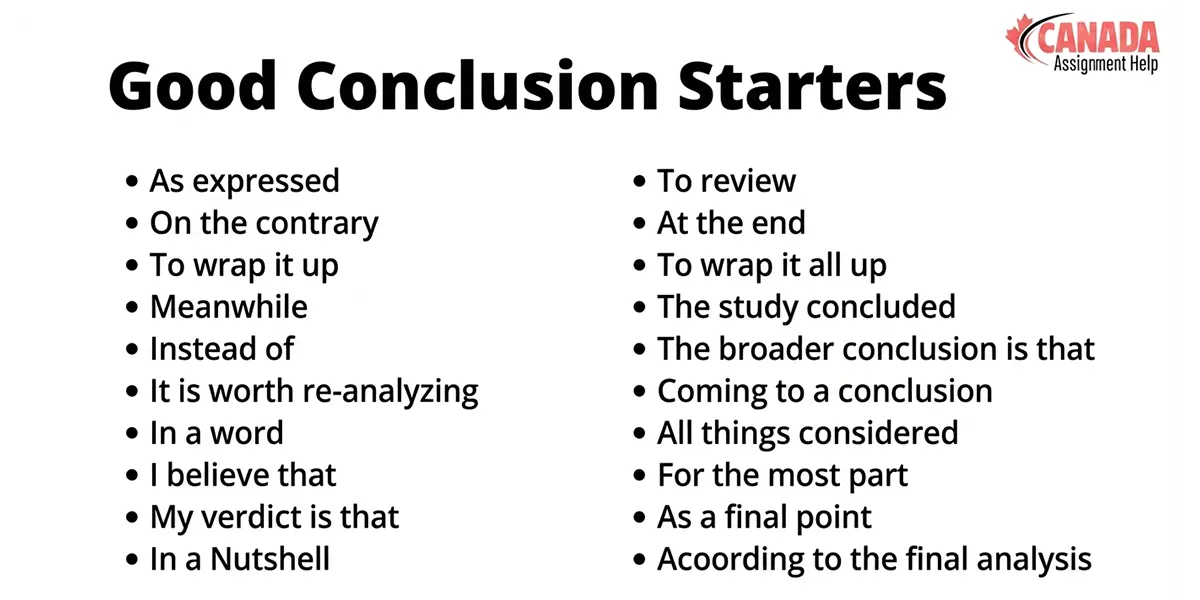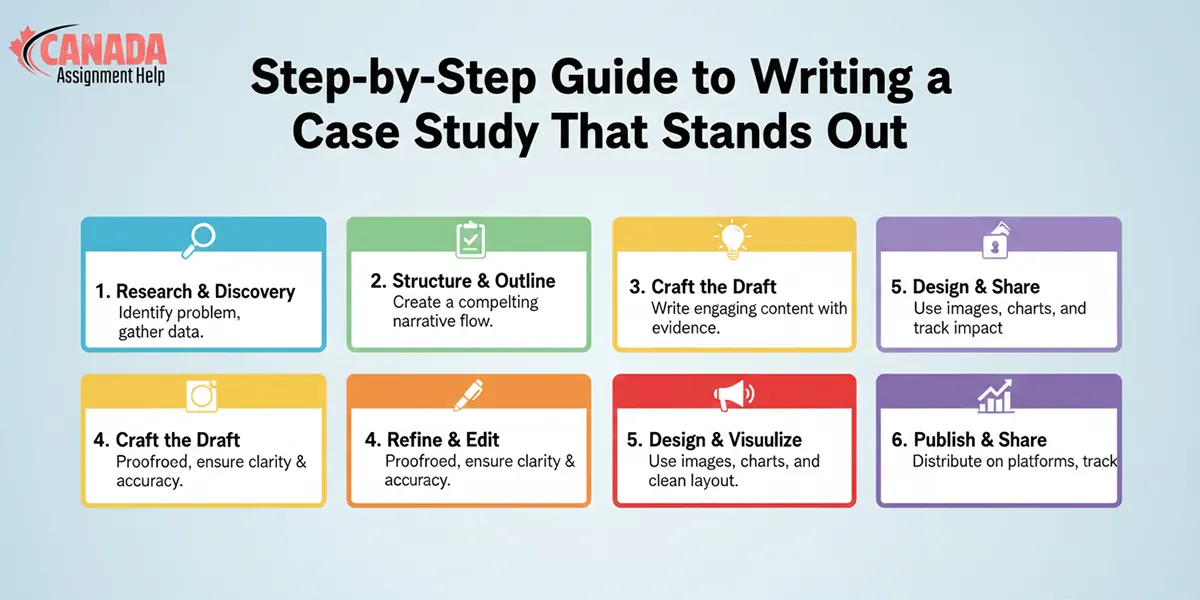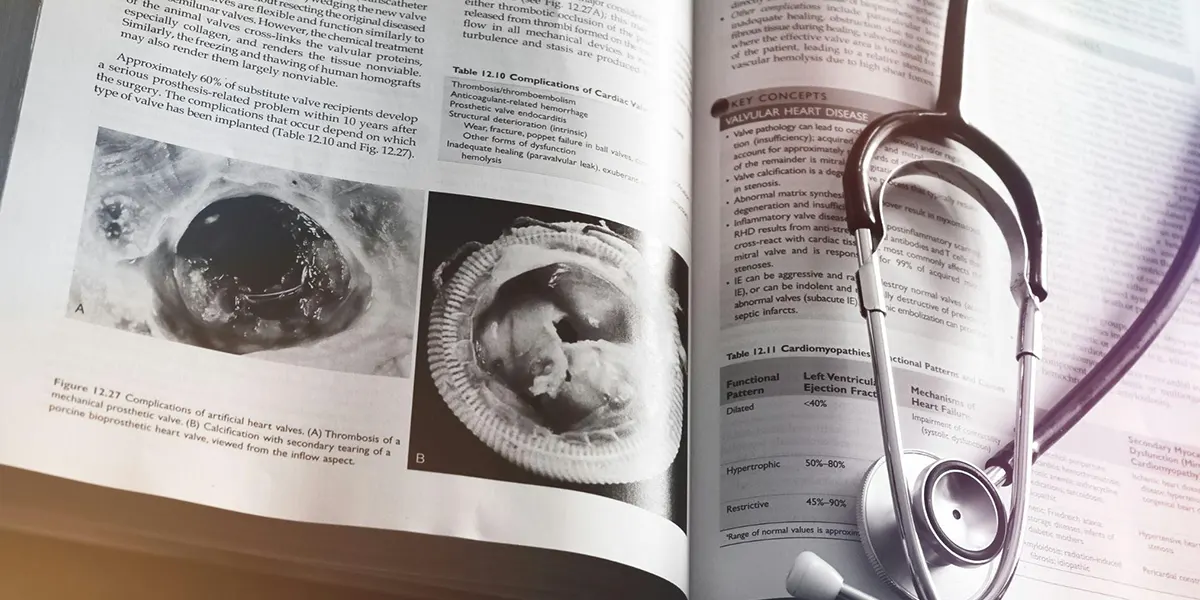If you are looking to master academic writing, understanding how to write an expository essay is a great place to start. For starters, expository essays are all about explaining, informing, or clarifying a topic. Moreover, they include facts, logic, and examples. They don’t rely on opinions or storytelling – just clear, structured information.
Now the question is, what is their purpose? Structure and example? If that’s what you learn to read our blog, then. Here we will provide you with a sample breakdown to help you write confidently.
Below is a simple how-to guide along with a sample breakdown to help you confidently write your expository essay.
What Are Expository Essays?
For those who don’t know what essays are, it is a nonfiction piece of writing that presents a balanced and objective explanation of a topic. And there are many different types of essay writing. Furthermore, the main topic is to inform the readers by providing different facts and figures.
To explain it more, here are the details:
- Expository essays use various techniques to boost clarity and understanding for readers. In addition, these techniques include:
-
the definition
-
Comparison and contrast
-
Cause-and-effect
-
Problem and solution
-
Descriptive explanations
Purpose of Expository Essays
The main objective of writing an expository essay is to explain or clarify a topic with the help of examples or logical reasoning.
Unlike persuasive or argumentative essays, the purpose of this type of essay is not to convince readers. Instead, it’s to inform them and provide clear information.
-
Informing
-
Explaining
-
Instructing
-
Presenting an analysis
Expository Essay Structure
Here is how the structure should look:
Introduction
This is the first section of your essay where you have to describe the topic. The tip is to begin with an attention-grabbing statement, an interesting fact, an anecdote, or ask a question.
Also, provide some background information on your topic to make it easier for readers to understand. Most importantly, write a thesis statement and make sure it’s clear and states the main idea of the topic.
Main Body
The main body usually involves 3-4 paragraphs. Here, the key is to discuss each point in a paragraph to ensure readability and clarity in the content.
Also, back up your points with evidence, facts, and credible information. Also, provide detailed analysis, explanation, or description to develop your ideas.
Conclusion
The last paragraph of your essay, conclusion, is all about restating the thesis statement. And make sure to highlight the key points discussed in the content.
Moreover, avoid adding any new data and end it with a closing statement that leaves a good impression on readers.
How to Write an Expository Essay
Choose a Focused Topic
Before you start working on the essays, the first thing you need to do is pick a subject that is easy to break into pieces. Moreover, ensure that you can explain it clearly. We would suggest avoiding vague or overly broad topics. Here is one of the best expository essay examples to guide you on how to pick the right topic and ensure you can write it easily. It includes:
Example Topic: What is the impact of social media on mental health
Brainstorm Your Ideas
I know choosing a good topic is confusing. Hence, you can write down the list of topics relevant to your research question.
Also, go for both broad and specific topics. After that, brainstorm broad topics to narrow it down into a more specific topic.
Do Your Research
Essays rely on information, not opinions. Now, the next thing you need to do is conduct research.
Why?
Well, because essays rely on information and not opinions. Moreover, use credible sources to gather facts, statistics, and relevant examples.
How to Consider the Credibility of the Sources?
Using information from credible sources is important, especially if you ar writing on a controversial or debatable topic.
For that, it’s best to refer to fact-checking websites, such as:
If you use a personal blog as a source, then first make sure to check if the writer has any agenda. In addition, if you are using a newspaper’s story, then consider WHY they have reported this story.
Create an Outline
It’s easy to ramble or go off-topic when writing an expository essay. Therefore, outlining plays an important part in your essays. It helps readers navigate through the content, working as a roadmap. Furthermore, it even allows you to track progress.
Pro tip:
Keep your thesis statement in mind when making an outline for your essay. In addition, it helps you to add relevant subtopics and sufficient information to fill each heading and subheading.
Edit and Proofread
Once you are done, you need to edit and proofread the essay to ensure that your work is from punctuation to grammar, sentence structure, syntax, etc. Furthermore, maintain clarity so that the readers can understand what you are talking about.
Sample
Nowadays, teens are spending hours scrolling through the apps. Well, with this, there is a growing concern about the effects of social media on mental health.
Studies reveal increasing rates of anxiety, depression, and poor self-esteem. According to a study, teens spending more than 3 hours a day on social media report higher levels of stress.
Hence, while social media offers a connection, its excessive use has troubling issues for teens.
Essential Tips to Write a Good Expository Essay
Below are some valuable tips to write a good essay, so make sure to follow them:
-
The writer must use a neutral and objective tone to write this essay to avoid personal bias.
-
Be creative with your writing and use interesting facts in the content.
-
Always discuss your point using examples because it aids in explaining the concepts of your story development.
-
No doubt that this type of essay must be written using a creative tone. But make sure to stick to the facts.
-
Use transition words such as “in addition”, “moreover”, “however”, and others in the content. They work as a glue that binds your essay together. And also guide readers through the progression of the story.
Wrapping Up!
In a nutshell, whether you are in school or learning, mastering how to write essays is vital. It gives you the power to explain hard ideas with clarity and structure. Make sure to start small, stay organised, let the facts speak, and edit before the final submission. We hope this guide helped you learn about these essays.










